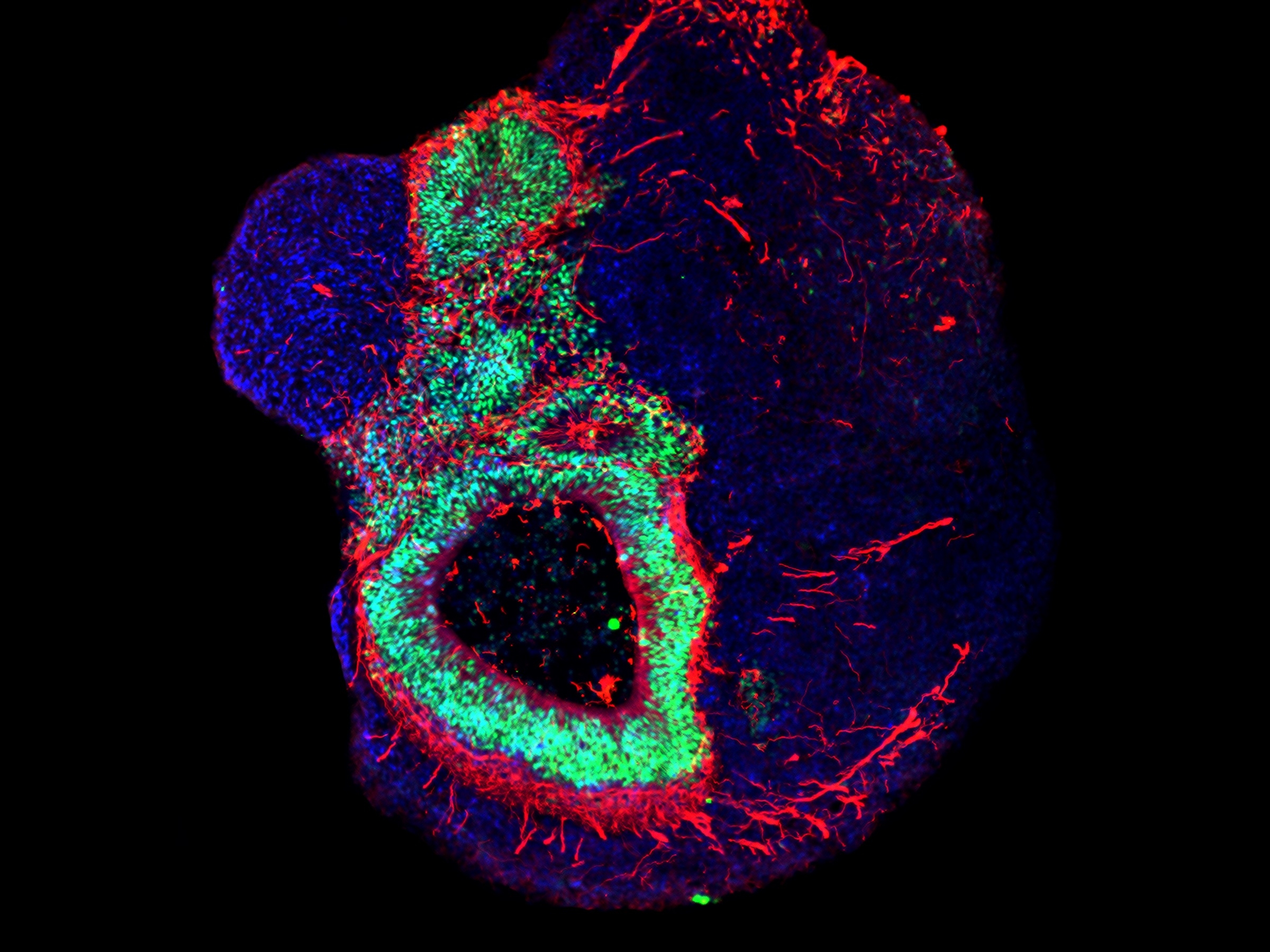News archive
Principles for Next Generation Risk Assessment of Cosmetics
Wednesday, 23 January 2019 14:23An international working group of regulators and industry from the European Union, Brazil, Canada, Japan and United States has outlined nine overarching principles that underpin the integration of novel methods and data for the safety assessment of cosmetic ingredients. This is in line with a general shift in toxicology from testing in whole organisms as a “black box” towards understanding the mechanisms behind adverse effects, allowing for a more informed and targeted evaluation of chemicals.
Herbert Stiller Award: 20,000 euros for animal-free research
Wednesday, 23 January 2019 12:54Doctors Against Animal Experiments awards this prize for outstanding, innovative scientific work using animal-free, human-based methods for the research and therapy of human diseases which make a significant contribution to medical progress.
Virtual database on human metabolism
Tuesday, 22 January 2019 14:10Scientists from Luxembourg, France and the Netherlands recently presented the Virtual Metabolic Human database in the journal Nucleic Acids Research. The database summarises current knowledge about human metabolism in five interconnected resources. It also describes how the human and intestinal microbial metabolism can be linked to nutrition and disease.
In silico Researcher at Freie Universität Berlin receives Early Career Prize for Theoretical Chemistry
Monday, 21 January 2019 12:33Professor Dr Frank Noé from the Department of Mathematics and Computer Science at Freie Universität Berlin is honored with this year's Early Career Prize for Theoretical Chemistry from the American Chemical Society (ACS).
GI microtissue to test drug-induced gastrointestinal toxicity
Friday, 18 January 2019 11:20The American company MatTek from Ashland has developed an assay with human intestinal microtissue. The test principle is the measurement of transepithelial resistance. The assay can be used in drug development to test drug-induced diarrhea.
Vienna: Diabetic vascular damage model in the Petri dish
Thursday, 17 January 2019 14:09Researchers from Institute of Molecular Biotechnology (IMBA) in Vienna have developed tiny capillaries from induced pluripotent stem cells with which they are able to investigate the pathological changes caused by diabetes.
EU research consortium "TimeLife" starts with one million euro
Wednesday, 16 January 2019 13:15A new European research consortium named "TimeLife" wants to use cell cultures to detect diseases at an early stage in order to develop precise therapeutic strategies. The 120 participating European scientists will initially receive one million euros from the European Union for a period of one year to work out a detailed plan.
Using organ-like systems (organoids) from the patient's own stem cells the researchers want to develop personalised disease models and carry out individual cell analyses. Gene modifications using CRISPR technology as well as imaging techniques will also be used to investigate how cells remain healthy, change over the course of a lifetime, become ill and react to drugs. The large amounts of data from high-throughput investigations require computer-assisted strategies for data analysis and pattern recognition when changing the cells studied. The data will serve as the basis for mathematical modelling.

With the help of mini organs - such as brain organoids in this case - the techniques of single cell analysis can also be applied to human tissue.
Photo: Agnieszka Rybak Wolf, working group of Nikolaus Rajewsky at BIMSB / MDC
In the project consortium, scientists from 50 institutions from various disciplines such as biology, medicine, physics, computer science and mathematics, but also social sciences, ethics and economics will work together. Through a survey in advance, the researchers want to respond to the needs of society and expect a substantial contribution to the pharmaceutical, biotechnology and data-processing industries at the end.
The runtime of TimeLife is 10 years. The consortium is coordinated by the Max Delbrück Center in Berlin together with the Institut Curie in Paris.
Source:
https://idw-online.de/de/news708893
Hamburg heart researcher honoured with animal protection research award
Tuesday, 15 January 2019 10:56The this year's research award for the promotion and development of alternative and complementary methods to animal testing of the Free and Hanseatic City of Hamburg went to Professor Dr Arne Hansen from the Institute of Experimental Pharmacology and Toxicology of the University Hospital Hamburg-Eppendorf. He was awarded for his in-vitro developments of human heart tissue.
Bf3R: Register for animal experiments
Monday, 14 January 2019 09:19A new register has been established at the German Centre for the Protection of Laboratory Animals (Bf3R). Scientists can voluntarily register their animal experiments in advance. The register is intended to prevent duplications.
Berlin: Charité coordinates EU project VirtualBrainCloud to improve Alzheimer's therapy
Sunday, 06 January 2019 10:13As part of the Horizon 2020 program, the EU is funding the cloud-based neuroinformatics platform VirtualBrainCloud, which is coordinated by Charité University Hospital Berlin. The aim is to improve diagnosis and therapy for patients suffering from neurodegenerative diseases using computer simulation.



 Dr. rer. nat.
Dr. rer. nat. Menschen für Tierrechte - Tierversuchsgegner Rheinland-Pfalz e.V.
Menschen für Tierrechte - Tierversuchsgegner Rheinland-Pfalz e.V.